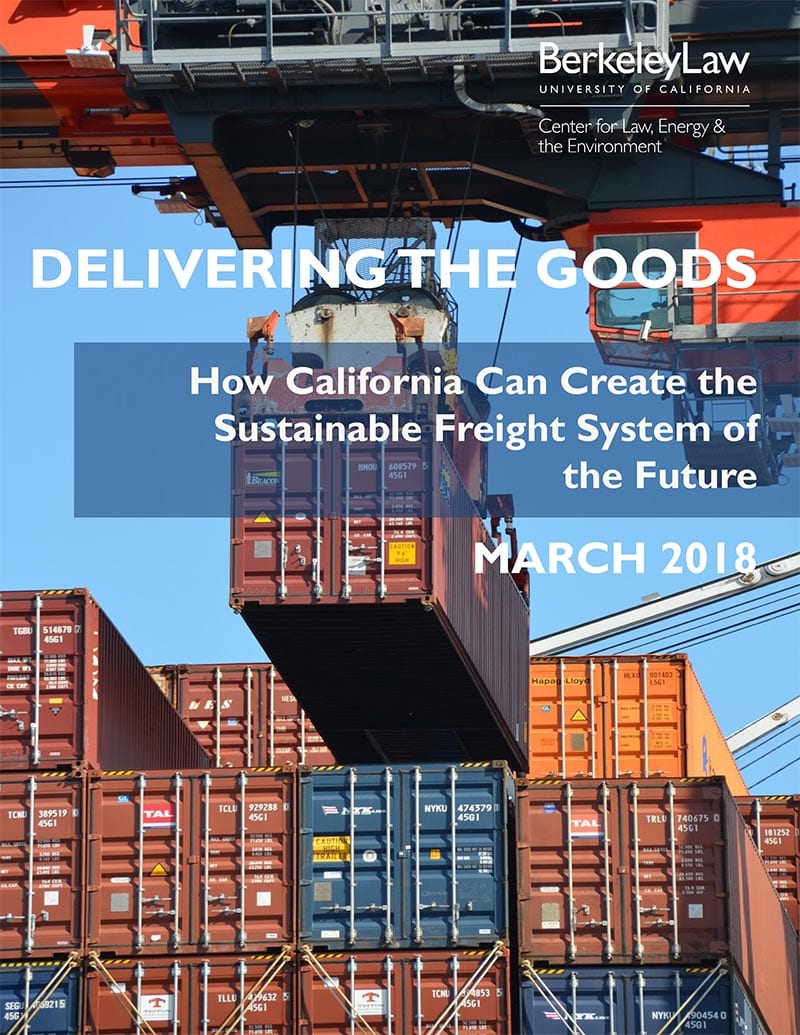The Breakthrough Blog hosted an on-line Q&A with various experts on trends in freight in 2018. This issue is important because freight is a contributor to greenhouse gas emissions as well as harmful air pollution. In addition to me, respondents included:
- Doug Mueller: Breakthrough President and CEO
- Brooks Bentz: President, Breakthrough Supply Chain
- Jeremy Becker: Managing Director, Breakthrough Supply Chain
- Rep. Mike Gallagher (R-Wis.): Congressman for Wisconsin’s 8th District
- Matt Muenster: Senior Manager, Breakthrough Applied Knowledge
- Jenny Vander Zanden: Vice President, Breakthrough Fuel Recovery
 Doug Mueller kicked off the responses with some insight from industry, noting the high demand and lack of available labor supply:
Doug Mueller kicked off the responses with some insight from industry, noting the high demand and lack of available labor supply:
There has been strong economic growth in 2018, and that exacerbates some transportation challenges, such as high demand and tight supply in relation to trucking capacity, as well as rising energy prices.
The transportation energy landscape continues to evolve as new sources and types of energy gain market share. The most notable energy sources currently in use are diesel, natural gas, and some electrification. This evolution is supported and enabled by both technological advancements and regulation.
To accompany economic growth, demand is up, transportation energy inventories are down, and anything that represents a potential geopolitical situation brings a risk of price shock. So, there’s certainly been plenty of volatility in 2018.
Currently, clients are telling us there seems to be an imbalance in the relationship between shippers and carriers. Shippers bear the responsibility of getting their products to market through carriers. Because of high demand and lack of capacity, prices are rising, while quality of service declines, significantly for both in some cases.
You can read all the responses, including mine on sustainable freight, here. For more on sustainable freight policies, check out our recent Berkeley Law report and policy brief.


